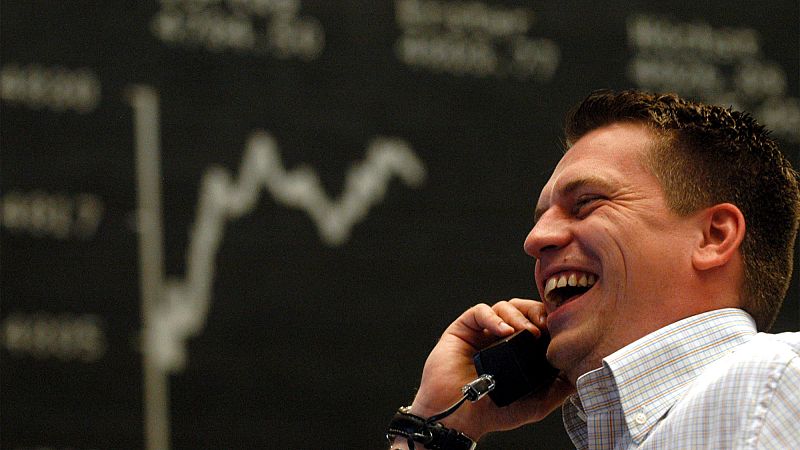Why investors are turning bullish on European markets again
Europe’s equity outlook is getting a fresh dose of optimism from fund managers, buoyed by receding trade tensions, easing inflation fears, and expectations of further central bank support.
According to the latest Bank of America European Fund Manager Survey, released earlier this week, investors are increasingly positioning for a soft economic landing, with growing belief that global monetary easing, particularly from the US Federal Reserve, will help offset slowing economic momentum in key markets.
While concern around the weakening US labour market has jumped — now ranked the number one downside risk by 59% of European investors — that hasn’t derailed broader growth expectations.
Only 44% expect a slowdown in the US, the lowest reading since February. Meanwhile, expectations for a reacceleration in US growth have hit a 17-month high.
The view of “EU exceptionalism”, which had gained traction after President Donald Trump announced sweeping trade tariffs earlier this year, has now moderated. Still, confidence in European companies’ growth potential remains robust.
The net overweight on European equities in global portfolios declined to 15%, from a peak of 41% in July, as confidence in Europe’s ability to outperform the US has been tested by enduring concerns over political instability and underwhelming earnings growth.
Related
Yet absolute sentiment on European equities has improved markedly. A net 37% of respondents expect upside in the near term, up from 15% last month. Some 52% now forecast mild gains in the coming months, while just 15% see downside risk, the lowest since February.
Underpinning this confidence is a belief that earnings upgrades will continue. Indeed, 70% of European fund managers cite stronger earnings as the most likely driver of equity gains, while just 26% view earnings downgrades as the primary risk for a market correction.
The prevailing macro outlook among respondents is still one of a “soft, but stagflationary” landing. However, the share of investors expecting stagflation fell to 41% from 58% last month.
More investors are now betting on a benign decline in inflation, while expectations of a global recession have continued to moderate.
Only 16% of global fund managers now expect a slowdown, down sharply from 41% in August, while 67% see a soft landing as the most probable outcome.
Investors increasingly view German fiscal expansion (cited by 74%) as the key driver of any European growth acceleration, far ahead of China stimulus or ECB policy. At the same time, 52% believe tariff risks are now largely priced in, while concerns over a global trade war have slipped in importance.


